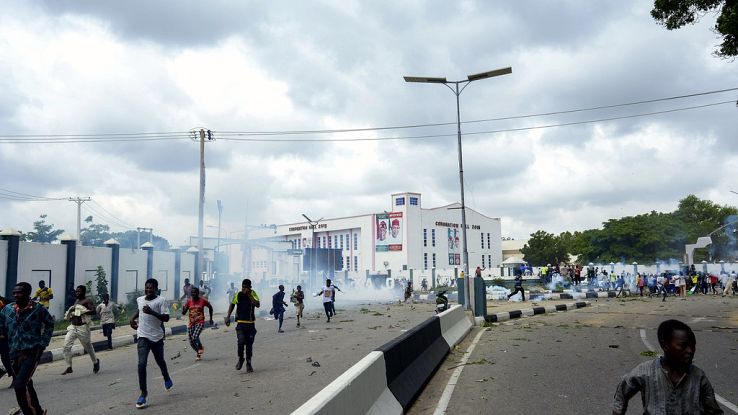By : Lloyd Mahachi
Nigeria’s legal system has come under fire for allowing children as young as 14 to face the death penalty. This disturbing trend has sparked widespread outrage, with human rights groups condemning the country’s use of capital punishment, particularly against minors. The Nigerian Constitution permits the death penalty, citing it as a lawful exception to the right to life.
Recently, 29 children were charged with treason, destruction of property, and inciting a military coup for participating in protests against the country’s economic reforms. Four of the children collapsed in court due to exhaustion before they could enter a plea. This incident highlights the dire situation faced by Nigerian children, who are already struggling with poverty and limited access to education.
The use of excessive force by security forces during protests has resulted in at least 13 deaths, further exacerbating human rights concerns. Nigeria’s child rights record is also under scrutiny, with 75% of children living below the poverty line and only 67% attending primary school. The country’s actions have sparked widespread criticism, with many arguing that the death penalty is never an appropriate punishment, especially for children.
The international community is urging Nigeria to reconsider its use of the death penalty, especially against children. Human rights groups, including Amnesty International, have condemned the practice, citing international human rights standards. With Nigeria’s human rights record already under scrutiny, this controversy has sparked renewed calls for reform.
The case has been adjourned until January, leaving the fate of the 29 children uncertain. Lawyers for the children have been granted bail, but concerns remain about the fairness of the trial and the potential consequences. As Nigeria struggles to address its economic and social challenges, it must also confront its human rights record and ensure that the rights of all citizens, including children, are protected.
Editor : Josephine Mahachi

